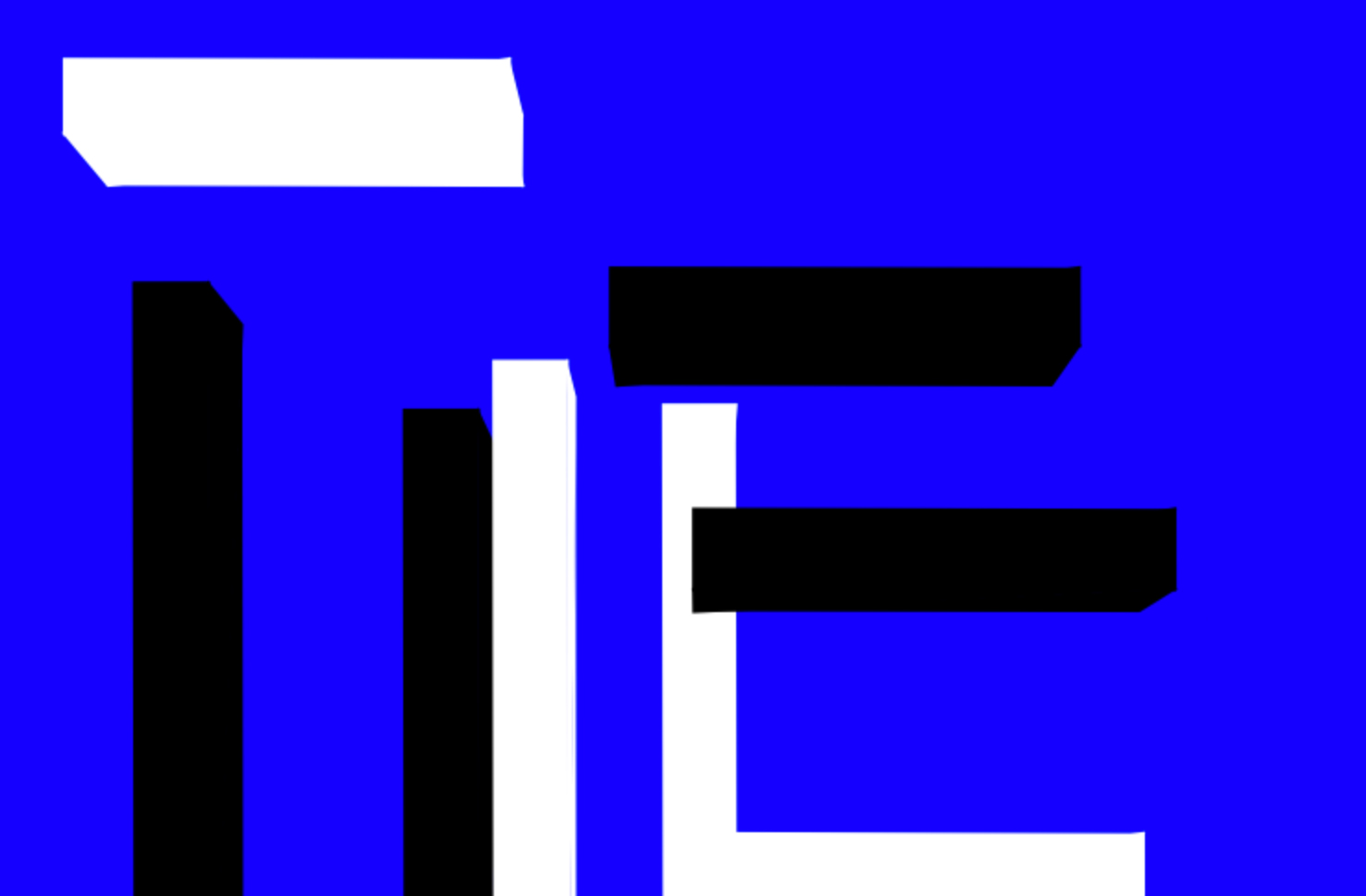‘In comparison to other disciplines typography is noticeably under-theorised, and we believe this has had the effect of limiting the status of the practice in a number of spheres. As a consequence, concrete theoretical or methodological positions for the practice have yet to emerge. This is something we would like to address.’ Clare Bell and Mary Ann Bolger, lecturers in DIT's Dublin School of Creative Arts and founders of Typography Ireland, have been working hard to develop the discourse around typography in Ireland over the past number of years, finding ways to make explicit the existing connections between craft, research, theory, history, criticism and pedagogy. They want to develop and provoke informed and critical debate on aspects of typographic research and practice relating that often go unexamined or under the radar, and have big plans to do so with Face Forward, the first edition of an international typography conference, coming to DIT Grangegorman on 11 and 12 December.
Typography Ireland began life in 2005 as a research group at DIT, and subsequently Clare and Mary Ann became Ireland’s delegates to the Association Typographique Internationale (ATypI). They organised the ATypI annual conference in Dublin in 2010 and then established the Typography Ireland monthly seminar group in association with the Graduate School of Creative Arts and Media (GradCAM) to keep the discussion going. From that they've developed Type Club and Type Pub as opportunities to discuss typeface design in more informal settings. Now they're working on Face Forward, a two day conference featuring a huge number of Irish and international speakers ranging from researchers to practitioners, all selected through a peer-review process.
Any highlights? ‘Face Forward, which we co-organised with Rathna Ramanathan of the Royal College of Art, is unusual among typography conferences, not only because it follows an academic multi-track model but because it is blind peer-reviewed. So, we would argue that there are no highlights, no superstars: it’s a level playing field. One of our objectives is to present a contemporary snapshot of where typographic research is currently positioned.’ The programme is a hefty one, and Clare and Mary Ann give us a list – in alphabetical order – of the diverse range of topics that will be covered. ‘Allegorical type, the An Post logotype, architectural and urban lettering, augmentative communication, Balkanic identities, beer design, biblical messages, bilingual documents, Bollywood film titles, calligraphic type, censorship in Brazil, Chicago soul records, colonial ephemera, Cooper Black, cultural memory, Czech type, digital cuneiform, discourse in typeface design, East German type, education, emoji history, expressive type, functionalist typography, Gaelic type, generative design, ghost lettering, grammatology, graphical interfaces, Greek-Cypriot dialect, Harold Innis, identity, Irish type, legibility, lettering manuals, linguistics, monograms, mythical letterforms, letterpress, Ludlow Typograph, nationalist printing, ornament, pedagogy, post-digital practice, punctuation, restoration, reverse italics, rhetoric, screen typography, security devices, semiotics, stencilling of sheep stations, social change, sustainability, Swiss type, the form of the book, Tifinagh script, type and nationalism, type media, type specimens, typewriters, typrograms, typographic cueing, typography, video essays, Yeats and, finally, ‘X’ the mark.’ Phew!
Tickets are still available for Face Forward, both for professionals and students/unwaged, and you can take a look at who speaks on what day and at what time over on typography.ie. While it is the ambition of Typography Ireland for Face Forward to be an annual affair, Clare and Mary Ann are planning for the next edition to happen outside of Ireland, so if you fancy some meaty discussion about a whole host of topics relating to type, now is your chance to get your fill on home turf.
Face Forward takes place at DIT Grangegorman on 11 and 12 December. Typography Ireland would like to thank Shauna Buckley, Jamie Murphy and Simon Sweeney for their help with Type Club and Type Pub, Post and Bong International (particularly Sean Mongey and Simon Sweeney) for their work on the conference website, Brenda Dermody for her support, and all those who submitted papers and who will participate in the conference.
